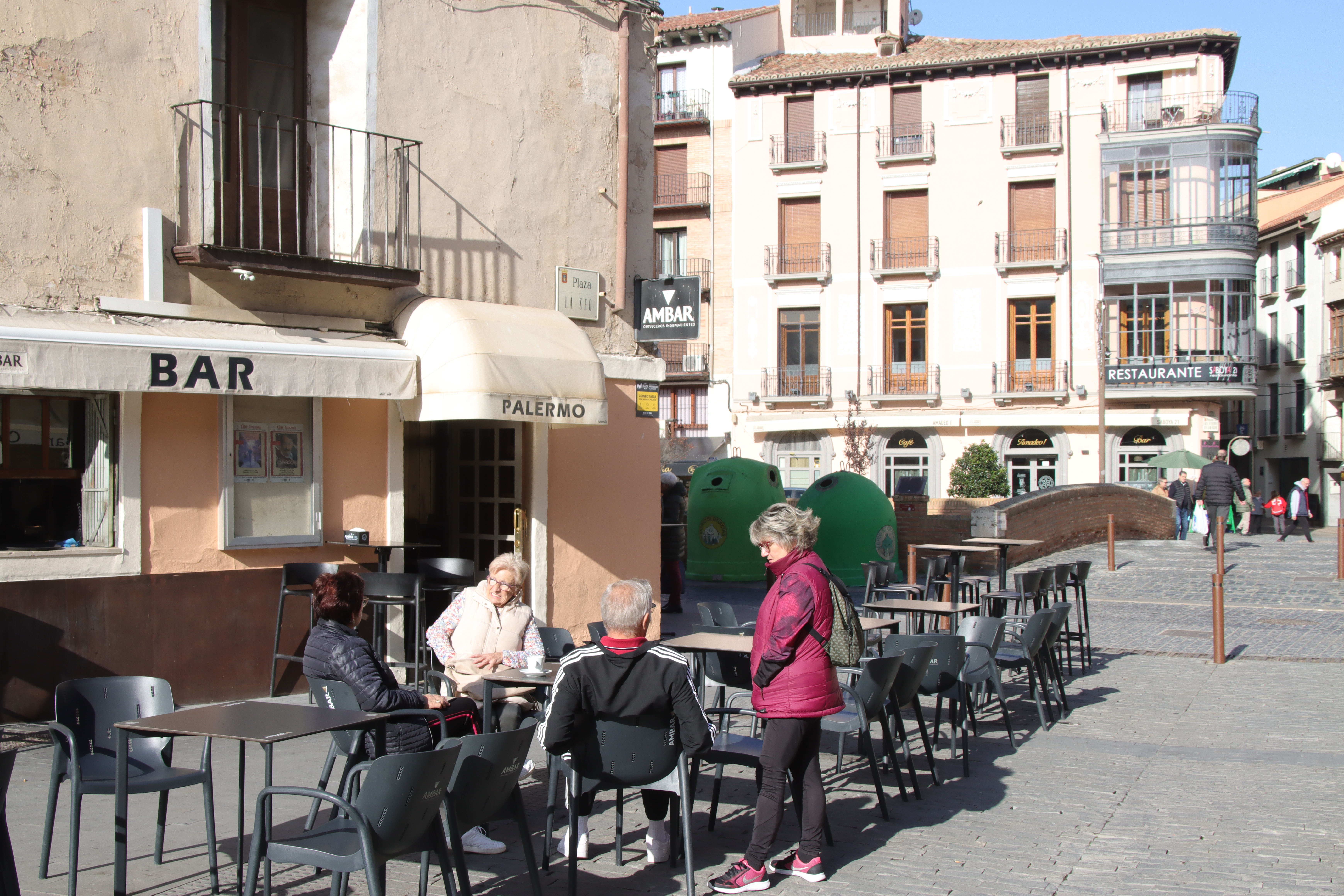What would a Google or TripAdvisor review of an average American restaurant be if an appetizer order took 45 minutes? What if one were specifically warned their food would take 25 minutes to be ready, but needed 52 minutes to arrive? Any poor souls who have had to endure the waiter’s work will know that these are intolerable dining conditions in America, but they’re just another day in Spain—which must be the most slow-going population in any rich industrialized nation on Earth. At times it feels like stores spend more time closed than open. Many proper restaurants don’t even open for dinner until 8:00 or even 8:30. I can only guess at how the day will unfold for a pair of amigos who meet at 10:00 a.m. for beers. I have seen alcohol enjoyed in public at every hour of the day, and as I guessed, even exceptional English speakers had never heard of the phrase “It’s 5 o’clock somewhere”.
These are all aspects of Spain that for some, bear out one of the country’s greatest charms—the attitudes and behavior of the citizenry. For others, who like to bring their schedules and routines with them when they travel, I wouldn’t be surprised if they amounted to the greatest of frustrations. The best advice I could possibly give to someone traveling here is not to visit this city or that, eat this delicacy or that one, but to just slow down. Walk slowly, don’t try to fit plans into the space of a single hour, have other ideas of what you might like to do in case the ___ is closed, and most importantly, don’t let disappointment get you down.
Perhaps the reader will have heard about the devastating floods that ran through Valencia this month. As it happened, my current lodging is shared by a whole regiment of national police, who seem to be visiting from distant corners of the country to help with the flood recovery. Rows upon rows of flat shovels and brooms lie next to piles of buckets near the padel court, and every few days, a score of citizen buses arrive to take the uniformed officers and their appointed armament to a place where they’re needed. They are the friendliest sort, with virtually none of their number able to resist a friendly “Hola” or “Buenas” upon passing me, my son, or my wife, both of whom have joined me for this ultimate stretch of travel.
This is somewhat more reflective of the behavior that most Spaniards have had towards me than of the kind I’ve encountered on the streets of Teruel, Cuenca, or Zaragoza. Here, as in all cities of the West, the walking man or woman on the city street has no time (even in a society so free from urgency) to stop for salute, as their eyes remain fixed forward; thinking about on their careers, their strugglers, or any number of important things on the near horizon of their lives. But when any of them can actually be halted and engaged with, they are the type of people who are personable in every way.
I was able to interview an unmarried professional about some of the country’s habits I found strangest. My own country could never permit a social acceptance of drinking at any hour of the day in public—it would surely be abused, as most festivals in the US are—that is to say, they’ve morphed chiefly into opportunities for getting hammered, including Mardi Gras, St. Patrick’s Day, and Halloween to name a few. My Spanish friend countered by saying that it is because we have no social acceptance of drinking during working hours that we (and in most Spaniards’ unfortunately intimate experiences) the English, so commonly engage in binge drinking. By waiting until five, it’s guaranteed that drinkers will start around five, meaning they’re more likely to be hammered during some of the busiest hours of human society—7 p.m. to 9 p.m. By contrast, having drinks at breakfast or lunch means there’s no rush to start at night, and most Spaniards are hammered by midnight, when the majority of society has shut down. As a consequence, there’s less opportunity to get into trouble, because there’s less to do and fewer people around.
I’m no drinker, so I took his word for it. But what I couldn’t take was his explanation for a dinner at 8:30 p.m. The reason for this is simple. The Spanish have two snacking periods, Merienda, and the European aperitif, between lunch and dinner. Madness. Spain is famous among the bar cultures of the world for handing out little bites of food along with drinks while maintaining a robust catalog to order. The famous tapas may very well arrive after you finish your drink. Some bars have them sitting on top of a counter so you receive one as soon as you order, but a la carte, they may take 5 minutes, or, if it’s a busy night, 45 minutes. And you’ll just have to wait and see. WaL
PICTURED ABOVE: A bar in Aragon, Spain, at midday. PC: Andrew Corbley ©



